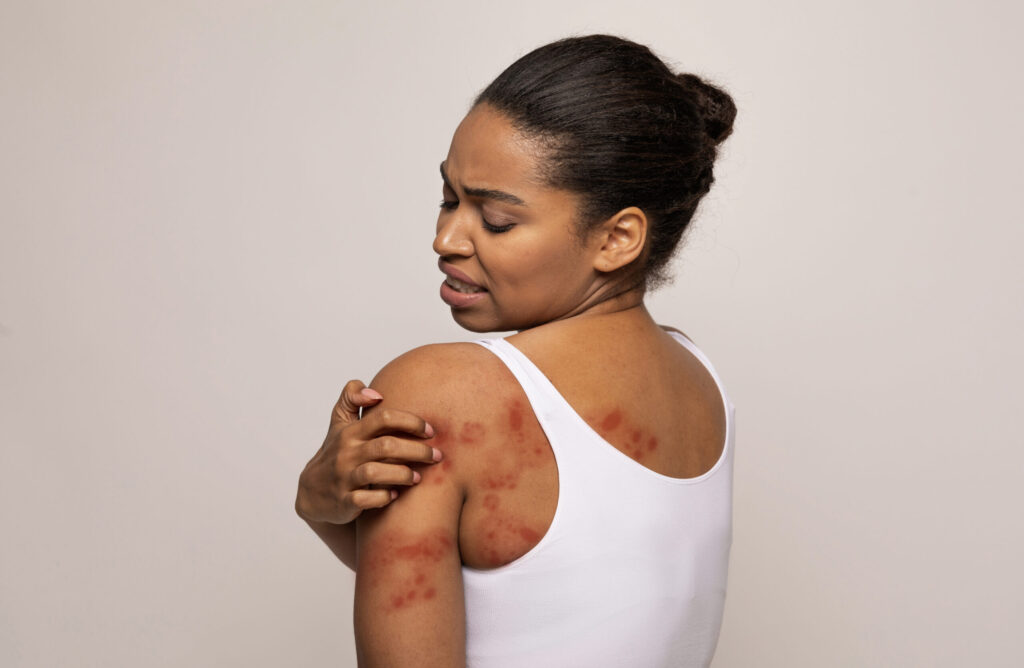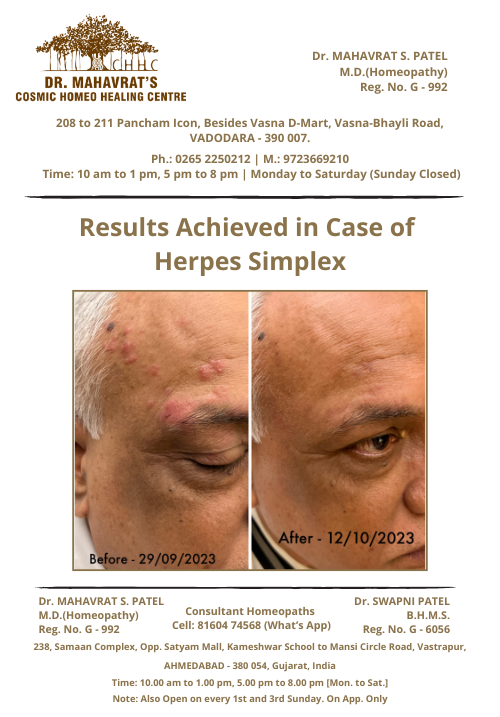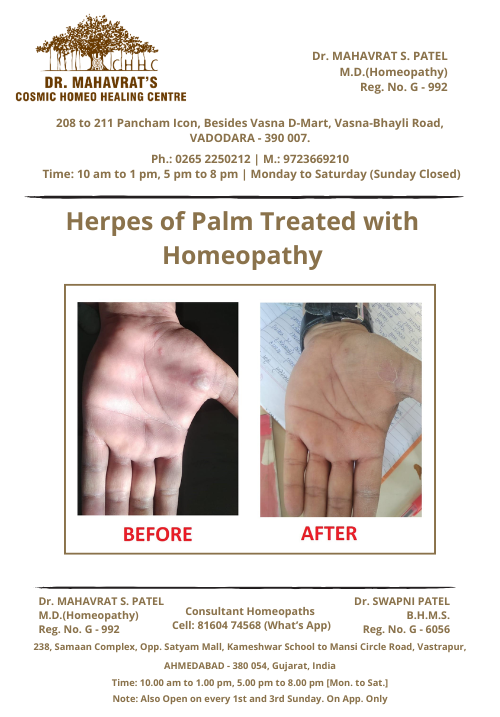
Burning blisters. Tingling pain. The kind that stabs deeper than the skin. For many, herpes and shingles are not just physical ailments — they bring fear, embarrassment, and emotional suffering along with the pain. If you've found your way here, chances are you or someone you care about is dealing with the discomfort and frustration that comes with herpes or shingles. Herpes and Shingles affect millions worldwide, yet many people feel isolated and uncertain about their treatment options. While conventional medicine focuses on antiviral treatment, many patients seek a gentler, natural approach — one that not only relieves the relentless burning and stabbing pain (as if the nerves are on fire) but also supports emotional well-being, as they often struggle with fear, anxiety, hopelessness, depression, embarrassment, heightened sensitivity, and disturbed sleep caused by the excruciating pain of herpes.


WhatsApp us